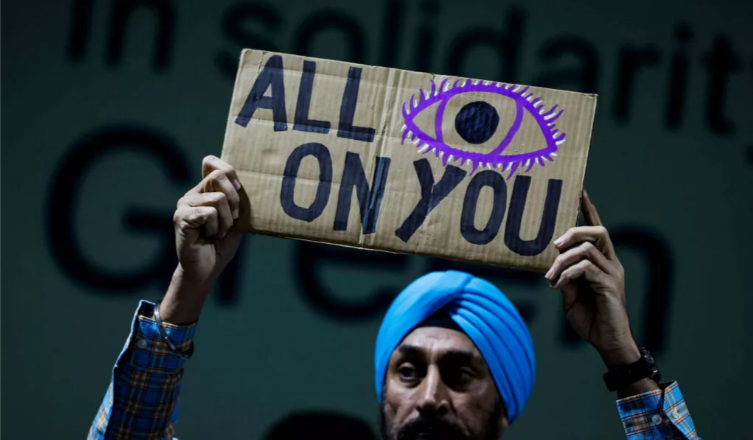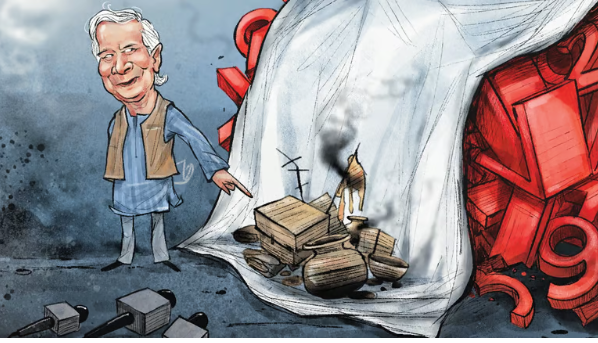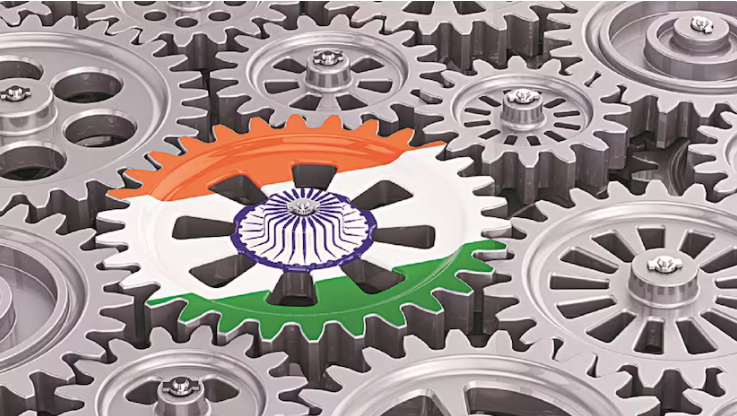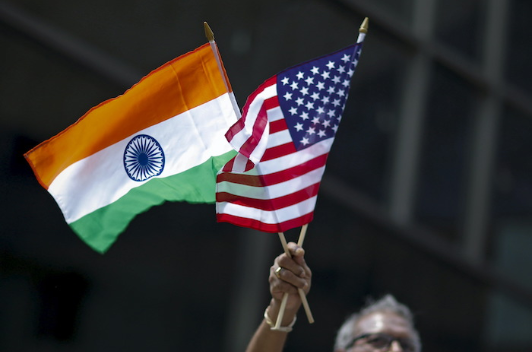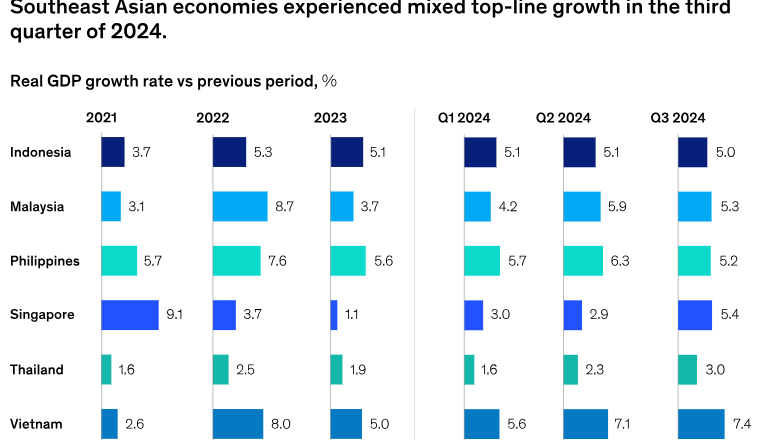The UN climate meeting may be brought to life by Asia’s energy shift.
The 2024 United Nations Climate Change Conference (COP29) left a bitter taste in the mouths of developing country negotiators. Many felt betrayed by what Indian negotiator Chandni Raina called an ‘optical illusion’ of climate finance to build on.
The United States and the European Union were clearly and rightly in the spotlight. But Asia’s climate finance commitments haven’t been close to historical highs either. Whether it was due to conservative governments in South Korea and New Zealand, arguably misaligned financing schedules in Japan or a pending election in Australia, the region’s traditional financiers have largely struggled in 2024.
South Korea’s currently embattled conservative government contributed US$300 million to the Green Climate Fund in 2023 but only US$10 million in...
